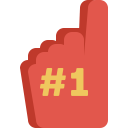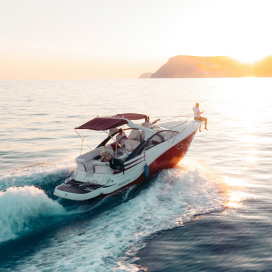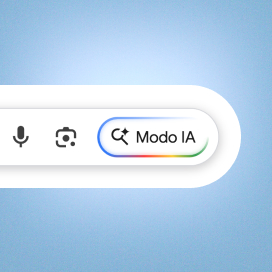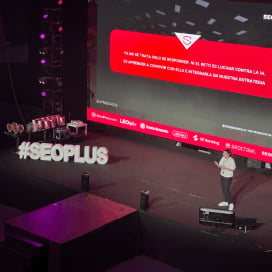Written by Anastasia Kurmakaeva
Index
Google’s and Yandex’s algorithms share many similarities in their operation with respect to the predilection for displaying pages in their search results that are considered of higher quality and interest to the user. Both are continuously working to fight against content over-optimization, Blackhat SEO and other negative positioning techniques aimed at deceiving search engines.
But what interests us in this article is to explore the main differences between Google and Yandex when it comes to optimizing our Web site, especially if we are thinking of carrying out an international positioning campaign. Depending on our target audience, we can give preference to one or the other; or try to please both, a task that can give us a bit of a headache. It can happen that a page that appears among the first results in Google for certain criteria, is far from being detected by the Russian search engine as relevant, something that we had already mentioned superficially in the previous article on Yandex SEO tools. Therefore, it is important to have defined in our minds the details and the small disparities that we will find between these two search engines.
Domain name
Let’s start with the domain. For Google, the fact that a domain begins with a keyword or that it appears in the domain continues to be a factor that brings relevance to our site. Yandex, on the other hand, will not react to the name you choose to register your domain name with in any way. However, it attaches great importance to country-code domains: especially if the query is made from a point within the Russian Federation area. In this case, you can be sure that domains with the .ru extension will get the first results (if they are relevant to the user’s search, of course).
Keyword content and density

The quality and originality of the content is one of the most important aspects for Yandex when determining the ranking of a website.
The age of the site
Yandex begins to take into account the age of a portal from only one year from the date of creation of the first page, while Google gives more preference to those who have 2 years or more. Thus, we can conclude that both search engines are more likely to show in their search results those websites that are older, with Yandex being more benevolent in its criteria for considering sites as “old” faster.
Titles and descriptions
It is true that a good title is absolutely key for both search engines, Yandex still attaches some importance also to the use of the keyword in the meta-description fieldTherefore, it is recommended to apply a minimum of effort to your wording in order to include the keyword in this field.
The Yandex algorithm still uses the meta description field for the calculation of the relevance of a website.
Indexing speed
Unlike Google spiders that are constantly crawling and indexing pages, Yandex can be much slower in this process, taking weeks or even months for static pages. However, it is also worth noting that if our site takes too long to be indexed correctly by Yandex, it never hurts to check that we have “notified” the search engine of its existence through the Yandex.Webmaster tool.
Links

Traffic quality and bounce rate
Yandex does not distinguish between portals with a lot of traffic and those with almost no traffic. That is, if your portal is relevant according to their criteria, you will appear at the top of the results (and, consequently, you will gain more organic traffic). Yandex is also much more sympathetic to bounce rates, and does not go on alert until the portal reaches a 90-95% bounce rate. Google, on the other hand, may consider your website as uninteresting as early as 75%.
Penalties and blacklisting
Google is much more lenient with penalties once a website has been corrected in the features considered negative by its algorithm. In the case of Yandex, on the other hand, once a website has been blacklisted, it is a mark that it is likely to carry for a very long time. We must be careful with the measures we take in our SEO strategy to keep the Yandex algorithm happy with our site.
In conclusion, finding an optimization balance between the two search engines is possible, although it may sometimes seem like a bit of a puzzle. If you intend to internationalize your portal to the Russian market soon, with this article you already have a few key points to take into account as a starting point.



